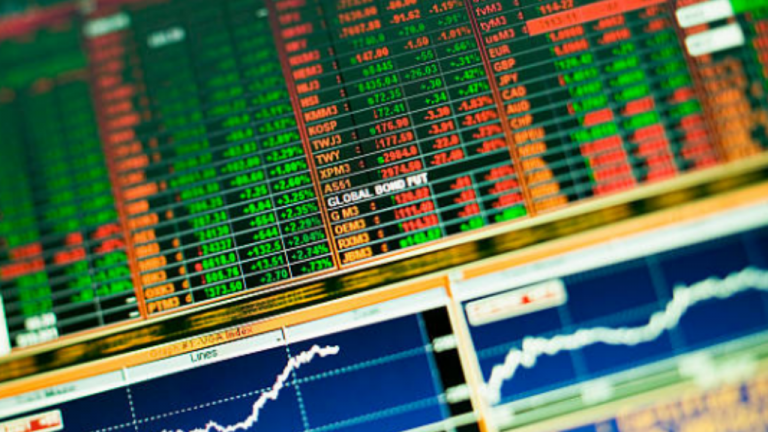
The stock and bond markets attempted to stabilize on Tuesday, as investors turned their attention to inflation data and this week’s U.S. labor market report to determine if the anticipated global interest rate hikes are warranted.
MSCI’s broadest index of Asia-Pacific equities excluding Japan was up 0.2% by early afternoon, while Japan’s Nikkei stock index was up 1.2%, aided in part by a new round of yen weakness.
Wall Street indexes declined on Monday, although the pace of selling slowed while U.S. stock futures in Asia increased by 0.3%. Futures for European equities rose, with the pan-region Euro Stoxx 50 up 0.6% and the German DAX up 0.6%. Futures on the FTSE fell 0.26%.
In addition to interest rates, the health of China’s economy is among the top concerns of investors. The Shanghai Composite Index declined 0.6% on the announcement that numerous major cities had increased COVID-19 restrictions.
The Hang Seng in Hong Kong was also dragged 0.9% lower as investors began to temper their optimism on an agreement between China and the United States for access to audit documents of Chinese companies.
Last week at the Jackson Hole conference, Federal Reserve Chair Jerome Powell and European Central Bank speakers took a hawkish tone, resulting in the selling of bonds and stocks as traders increased their expectations for near-term interest rates.
Manishi Raychaudhuri, head of APAC stock research at BNP Paribas, stated, “For the next couple of weeks at least, the markets will be focused on the probable Fed action” (OTC:BNPQY).
“Previously, there was talk of the Fed maybe reducing interest rates in the second half of 2023,” he added. “However, this notion has fallen by the wayside.”
“Higher for longer (interest rate) may be the story that is gaining traction.”
Futures markets estimate a greater than two-thirds possibility that the ECB will hike rates by 75 basis points in September, and approximately a 70% likelihood that the Fed will do the same.
On Friday, the U.S. non-farm payrolls report is due, and markets may dislike a strong result if it supports a continuation of aggressive interest rate increases. Prior to that, attention will be focused on the German inflation numbers scheduled at 1200 GMT on Tuesday and the Chinese manufacturing survey due on Wednesday.
The price of U.S. Treasuries stabilized on Tuesday morning. The two-year yield dipped to 3.3987 percent after reaching its highest level since late 2007 on Monday, when it reached 3.489%.
In addition, benchmark 10-year rates declined to 3.0670 percent from 3.13 percent on Monday. When British markets reopen on Tuesday after a holiday on Monday, the Gilts are likely to experience pressure.
Following an overnight decline, the U.S. dollar stabilized, while the euro attempted to restore parity, aided by ECB rise expectations and a decline in gas prices. [FRX/]
The dollar index, which measures the value of the dollar relative to a basket of other currencies, climbed 0.1% to 108.73, not far from the 20-year high of 109.48 it reached the day before. The currency traded for $0.9999 per euro and 138.52 yen per dollar.
Rodrigo Catril, a strategist at National Australia Bank (OTC:NABZY), stated that the approaching eurozone inflation data, U.S. employment data, and Russian curbs to gas flows later in the week will stress the euro.
“The European story is all about the economic outlook… no energy implies no growth,” he added, adding that it would not be surprising if the euro fell to $0.96 again.
As traders anticipate the September 5 meeting of oil producers, the price of crude oil has largely maintained its gains in anticipation of output reductions. U.S. crude declined 0.4% to $96.59 per barrel, while Brent crude dropped to $104.2 per barrel.
Gold decreased somewhat. The spot price of gold was $1,735.52 per ounce.




